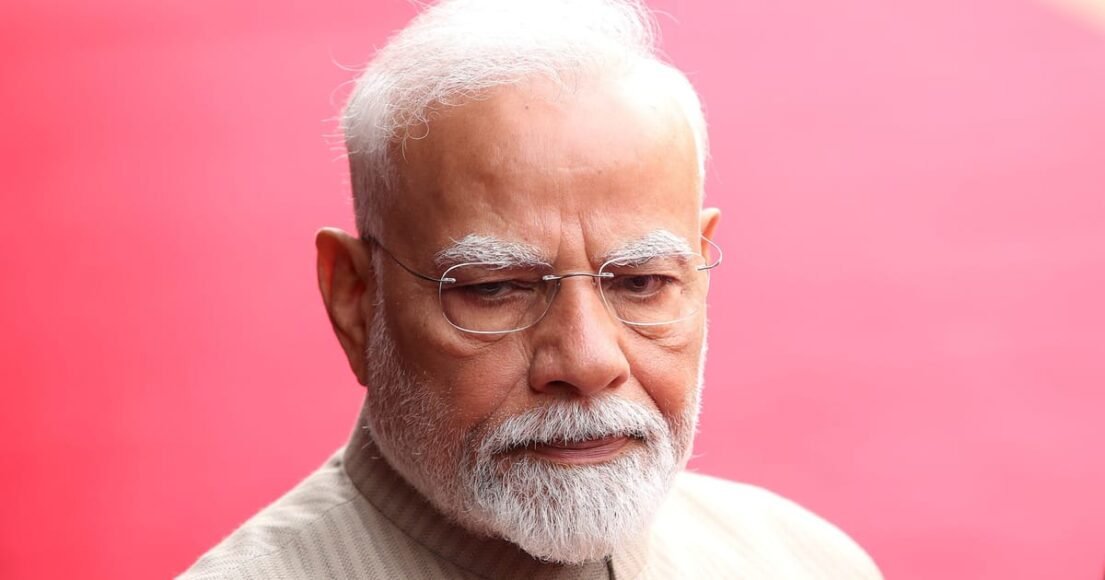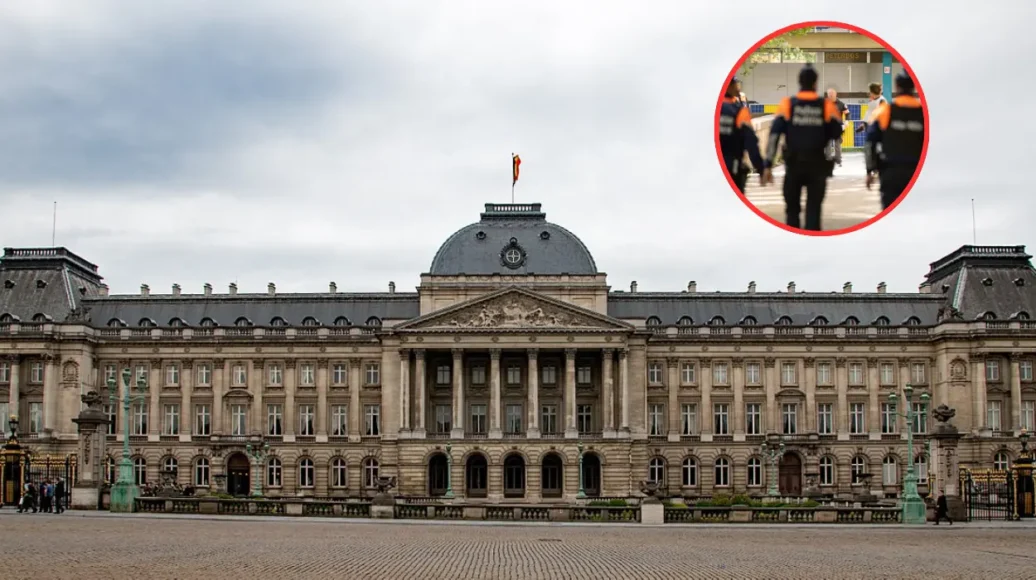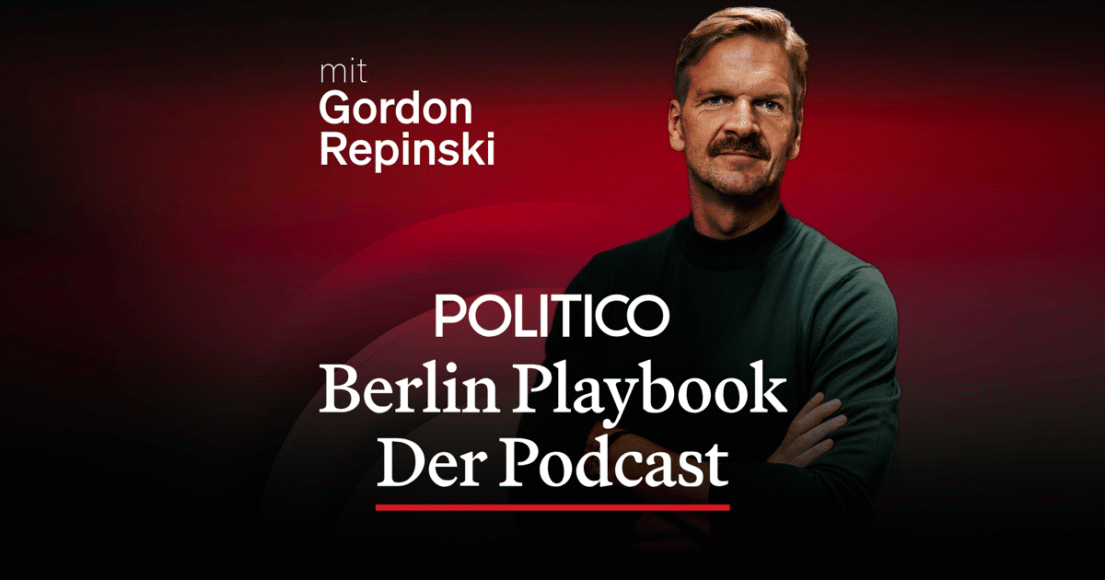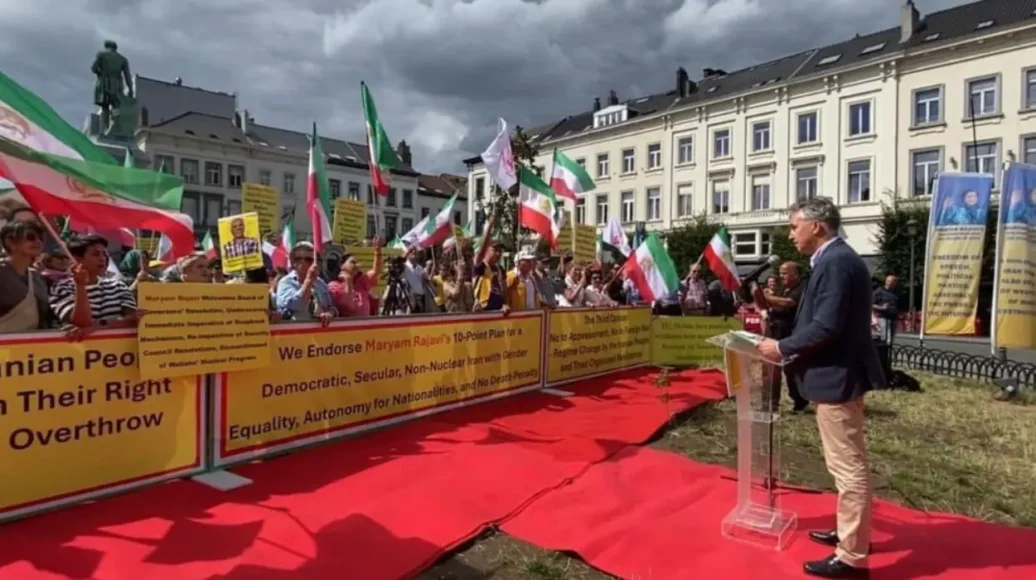“These unresolved issues remain challenging, and additional time will be needed to address them effectively.”
A high-stakes meeting held this week in Busan, South Korea, aimed to finalize a global agreement on plastic pollution, following two years of negotiations. U.N. member states had previously committed to establishing “an internationally binding agreement by 2024.”
However, hopes for a deal fell apart as countries were unable to overcome major divisions. Key sticking points included whether to impose limits on plastic production, strategies for phasing out harmful plastic products and chemicals, and identifying a viable approach to finance the treaty.
Leading opposition to stricter measures were Saudi Arabia and Russia, which spearheaded a coalition of oil-rich and plastic-producing nations known as the “like-minded group.” This bloc resisted any proposals that could curtail plastic production, a stance largely driven by the fact that most plastics are derived from oil or natural gas, cornerstones of their economies.













Leave a Reply